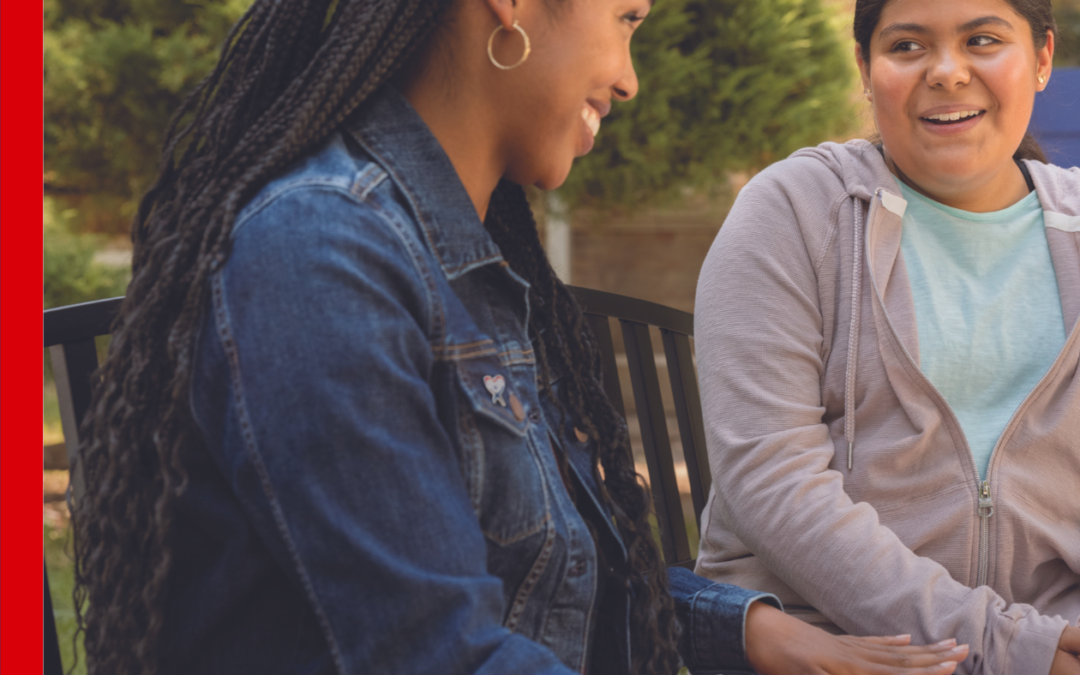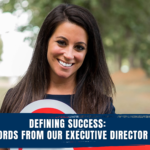We consulted with CASA children to find out what makes a great advocate. It turns out there are four key components of a Court Appointed Special Advocate… and they happen to be things we all have: eyes, ears, hearts, and minds!
EARS
All children deserve to be heard. Vulnerable children, like those who are the victims of abuse and neglect, need an advocate in order to be heard. CASA volunteers who listen to a child are sharing more than a bent ear. They are making them feel valued. Sharing, as a child or as an adult, requires vulnerability. Our feelings, actions, and intentions are validated when our openness is met by someone who truly listens. Listening well is a skill taught to CASA volunteers, and a skill that we can all benefit from. That is especially true in today’s culture of quick, distracted interactions. Taking time to be present opens us up to listening in a more comprehensive way. We can listen without an agenda and thoughtfully respond with validation and reassurance. We can all listen better by practicing active listening. Here are some tips to get your started:- Make eye contact while listening
- Pay attention to both verbal and non-verbal communication (yours and theirs!)
- Don’t interrupt and don’t start planning what to say next
- Ask questions
- Reflect, paraphrase, and summarize








